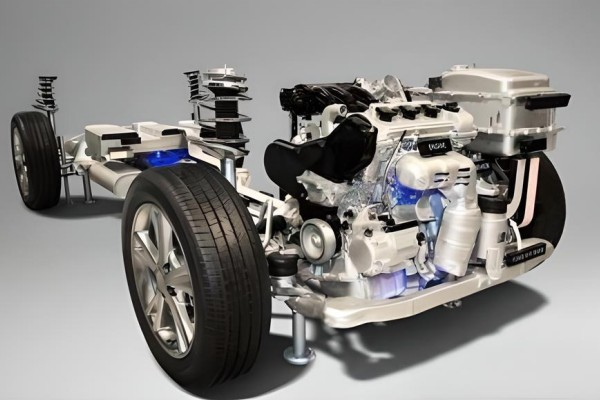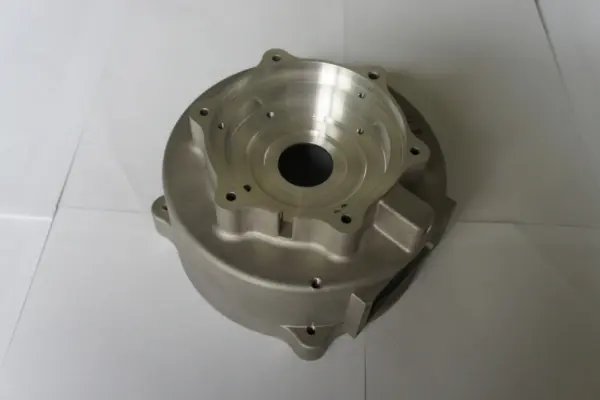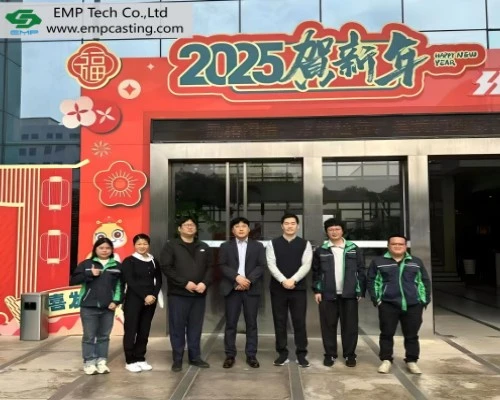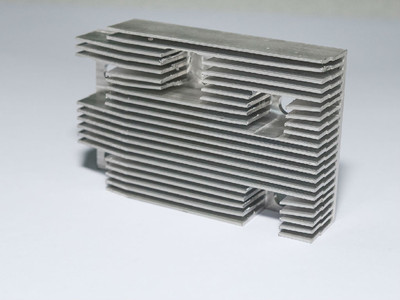

In 2025, the U.S. has intensified trade protectionism, particularly targeting Chinese electric vehicle (EV) components. This analysis focuses on the tariff changes, their motivations, and implications for the global automotive supply chain, especially for companies like EMP Die Casting, which provides custom aluminum die-casting services for EVs.
The U.S. has imposed a cumulative 104% tariff on Chinese EVs and lithium batteries since April 9, 2025. This includes existing 301 duties (45%), a new 34% "reciprocal tariff," and an additional 50% across-the-board tariff. Solar products face even higher tariffs, up to 154%.
Effective April 3, 2025, the U.S. raised tariffs on imported passenger vehicles and automotive components to 25%, up from 2.5%. Chinese NEVs now face a total tariff of 102.5%, considering the additional 10% "technology countermeasure tax." Lithium battery packs with core materials from non-U.S. ally countries face a 30% tariff.
The U.S. has tightened supply chain rules, requiring local sourcing for tariff exemptions under the USMCA. This forces Chinese companies to accelerate North American capacity deployment and collaborate with local labs to meet origin rules.
The U.S. aims to shield its domestic automotive and battery sectors from Chinese competition. High tariffs incentivize domestic production and reduce reliance on Chinese imports.
The tariff hikes disrupt global supply chains, particularly for companies like EMP Die Casting. While EMP Die Casting excels in precision manufacturing and one-stop services, the increased tariffs may compel a shift towards sourcing from lower-tariff regions or investing in local U.S. production.
Chinese EV and component manufacturers are accelerating overseas production in North America and Europe to mitigate tariff impacts. This includes building new factories and forming joint ventures with local partners.
Investment in R&D focuses on breakthroughs in solid-state batteries and integrated casting technologies to reduce dependence on foreign patents and maintain competitiveness.
The Chinese government has responded with countermeasures, including tariffs on U.S. agricultural products, and is engaging in diplomatic efforts to resolve trade disputes.
The 2025 U.S. tariff escalation on Chinese EV components significantly impacts global trade dynamics. For EMP Die Casting, a company with expertise in custom aluminum die-casting for EVs, this necessitates strategic adjustments. To navigate these challenges, EMP Die Casting is exploring options such as establishing local production facilities in the U.S. or collaborating with North American partners to ensure compliance with tariff regulations and reduce supply chain risks.


